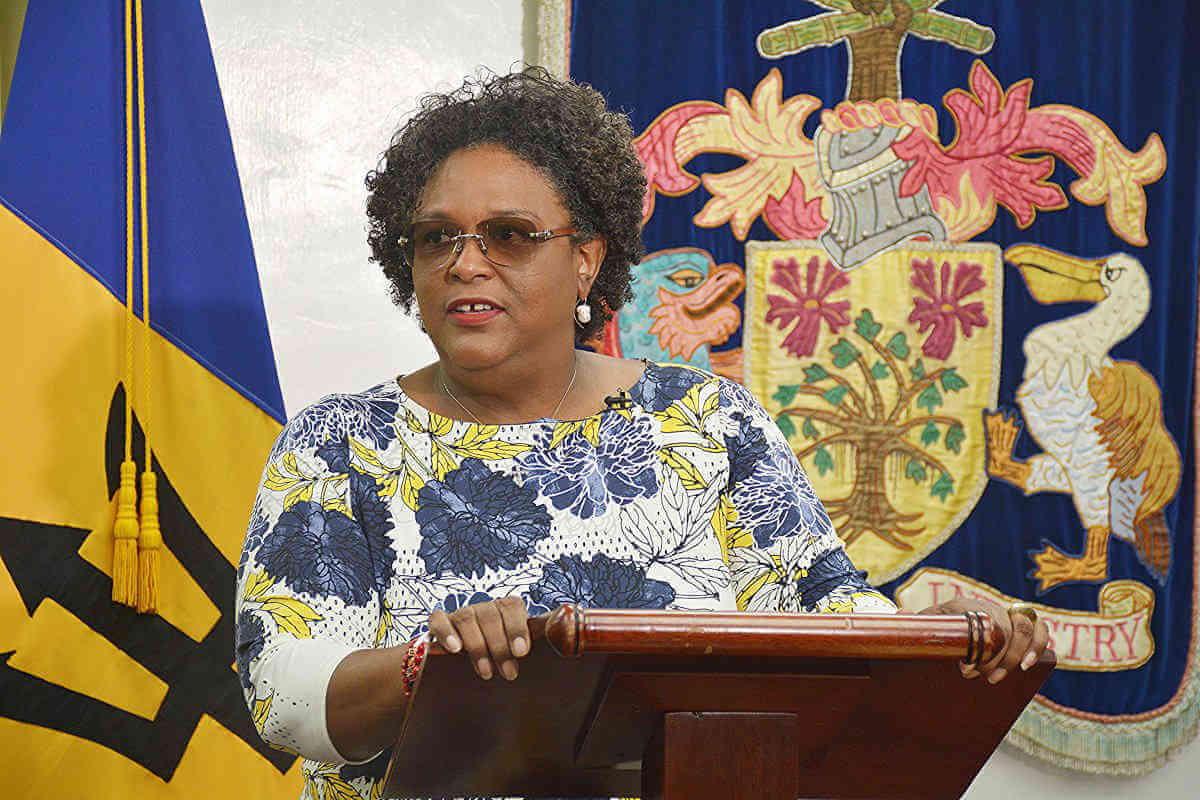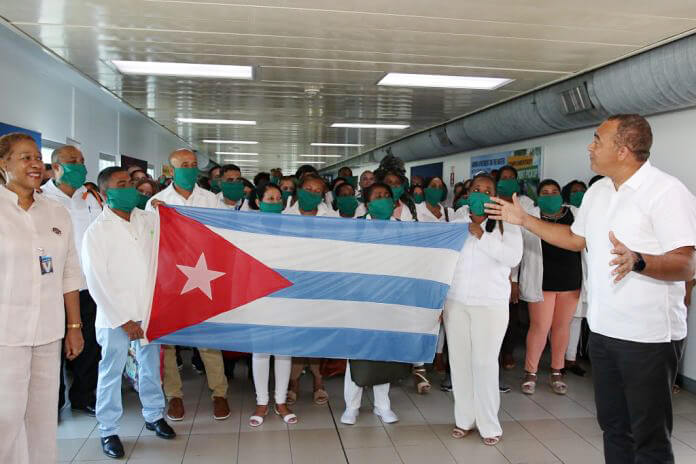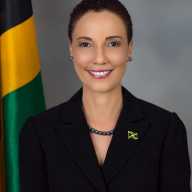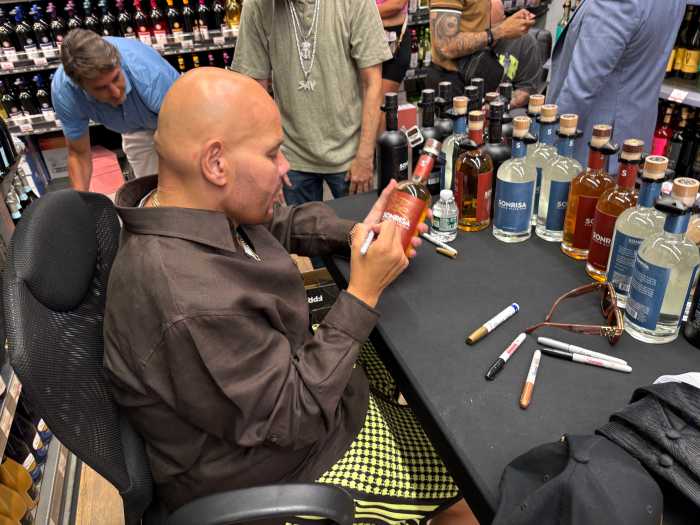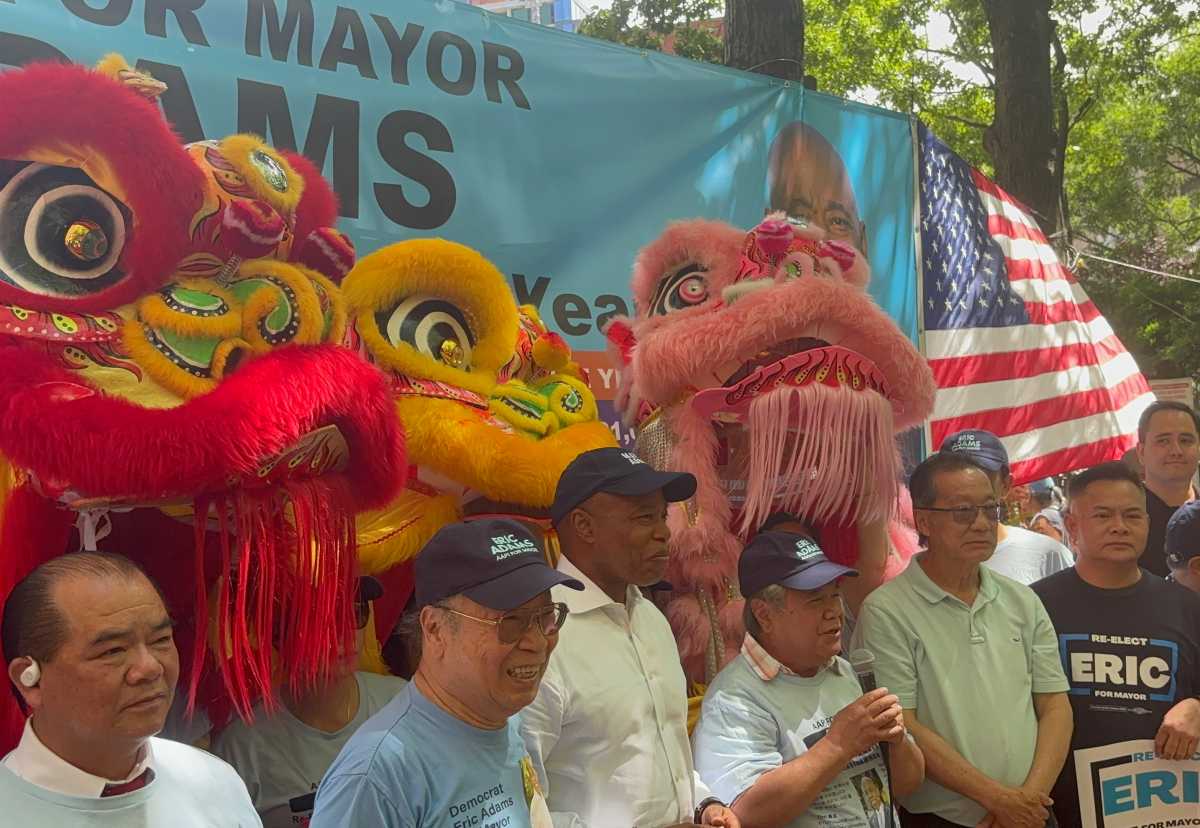Barbados
Barbados Prime Minister, Mia Mottley has pledged to address violence in schools by introducing several initiatives to stem what she says is “a public health condition.”
She made the disclosure following a recent meeting with Police Commissioner, Tyrone Griffith, Barbados Defense Force Chief of Staff, Colonel Glyne Grannum, and education officials.
The meeting was held in response to the scourge of violence in the school system.
Mottley said her administration is taking a stance of no-tolerance in violence in schools across the island.
“There can be no tolerance in this country for any child to believe that they are in a position to threaten or attack any teacher or their parents or any adult in this country. If we allow this to happen we will be surrendering our country to lawlessness and to young people who will not come to appreciate that their behavior is unacceptable in every form,” she said.
The prime minister announced that the government will be creating a residential facility, which will cater for troubled children, adding that within the next two weeks, the government will be forming a group or committee that will assist in stabilizing and managing risk children.
Caribbean
A new report by the Pan American Health Organization (PAHO) says Caribbean countries are moving towards the elimination of mother-to-child transmission of HIV, syphilis, and hepatitis B.
But the report also notes that progress in the Americas has been uneven.
The report, titled “New generation free of HIV, syphilis, and hepatitis B disease in the Americas 2018,” includes data from 52 countries and territories in the Americas.
It noted that since 2010, an estimated 30,800 children were born without HIV as a result of the interventions to prevent mother-to-child transmission.
In 2017, PAHO said 20 countries reported data indicating the elimination of mother-to-child transmission of HIV, seven of which received validation from the World Health Organization (WHO).
However, it is estimated that each year, 3,500 children are either born with HIV, or contract HIV from their mothers in Latin America and the Caribbean.
PAHO said 73 percent of pregnant women in the Caribbean underwent at least one HIV test, 73 percent of those that tested positive on to access treatment.
“This is an increase from 2010 but still lower than 95 percent testing and treatment goal”, PAHO said.
Cuba
The Cuban government recently announced that it is launching widespread rationing of chicken, eggs, rice, beans, soap and other basic products in the face of a grave economic crisis.
Commerce Minister Betsy Diaz Velaquez told the state-run Cuban News Agency that various forms of rationing would be employed in order to deal with shortages of staple foods.
She blamed the hardening of the US trade embargo by the Trump administration.
Economists have given greater blame to a plunge in aid from Venezuela, where the collapse of the state-run oil company had led to a nearly two-thirds cut in shipments of subsidized fuel that Cuba used for power and to earn hard currency on the open market.
Cuba imports about two-thirds of its food at an annual cost of more than US$2 billion and brief shortages have been common for years.
In recent months, a growing number of products have started to go missing for days or weeks at a time and long lines have sprung up within minutes of the appearance of scarce products like chicken for flour.
Cayman Islands
A new digital forensic hub will be established in the Cayman Islands to help tackle increasingly sophisticated cyber criminals in the territory and across other British overseas territories.
This was revealed by Police Commissioner, Derek Byrne who said the Cayman Islands and other territories were currently ill-equipped to deal with the growing threat and the new hub, partly-funded by the United Kingdom government, would help address a skills and equipment shortage.
The police commissioner said police have been working with the UK National Crime Agency and will open the new lab in Grand Cayman in July.
He said all territories will have an input, but the Cayman Islands will have the manpower and the technology to take the lead on more complex cases.
The Royal Cayman Islands Police Service currently has five members on staff with relevant qualifications, or in existing training programs and will be recruiting up to four new employees later this year.
Bryne said the expertise of police officers has to keep up with that of the criminals they are trying to catch.
Jamaica
Prime Minister, Andrew Holness has outlined several initiatives aimed at reducing the impact of the prolonged drought on Jamaica.
He said the government is seized of the impact of the current water situation on all aspects of the country’s development, and is very aware if immediate and urgent action is not taken, the shortfall is expected to worsen.
The prime minister told legislators that the low water outputs are a direct result of the low river flows into various reservoirs and other infrastructural problems.
Holness said the National Water Commission (NWC) capacity is 63 million gallons per day but only 37 million gallons are available.
He said that NWC has been directed to make appropriate arrangements to give effect to the declaration of an emergency, to facilitate the earliest possible replacement of the existing pipelines along Spanish Town road.
Jamaica is among several Caribbean countries facing a severe drought with the Barbados-based Caribbean Institute for Meteorology and Hydrology (CIMH) urging regional countries to “closely monitor water resources and try to conserve as much as possible, at least until June / July” as the drought situation in the region worsens.
Guyana
The Guyana Parliament has approved an amendment to the Customs legislation to make the country compliant with international obligations.
Minister of Finance, Winston Jordan that the Customs (Amendment of Schedules) Bill is intended to amend the Schedules to the Customs Act.
The government said that the Harmonized System is a universal language for customs and trade organizations globally and by using such a system, no two products would have the same six-digit codes and would eliminate confusion where multiple product versions and products fall into one classification.
“With Guyana upgrading to the current system, we open the window for the trade products that would have come into the system since the expiration of the previous schedule, which would have ended since 2012,” Jordan told the National Assembly, which is being boycotted by opposition legislators who are demanding fresh regional and general elections.
The finance minister said that the system is upgraded every five years, as a means to reflect the constant changes in trade patterns, technology, environmental issues, clarification of texts and simplification to reinforce the multipurpose nature of the system.
The Harmonized Commodity Description and Coding System, otherwise known as the Harmonized System or HS, is an international multipurpose nomenclature for the classification of products.
Trinidad
Fines up to TT$1 million plus life imprisonment are among the penalties in a new bill to curb gun crimes, the Firearms (Amendment) Bill 2019, which was laid in the Trinidad and Tobago Senate last week by Attorney General, Faris al-Rawi.
This follows Minister of National Security, Stuart Young’s recent promise of a crackdown on guns, plus the laying of the Bail (Amendment) Bill 2019 repeat offenders and those who use guns to commit a crime.
The Firearms Bill imposes a million dollar fine for several offences, including possession, trafficking, manufacturing and importation.
Anyone in possession of a firearm without a firearm users license faces a $1 million fine and 15 years imprisonment (on summary conviction) or 20 years in jail (indictable conviction in the High Court).
For a second conviction on indictment, they face 25 years in jail and a third time offender faces life imprisonment.
— Compiled by Azad Ali


